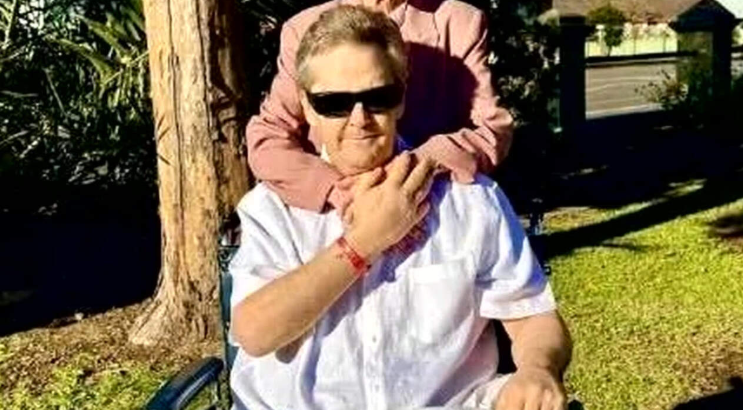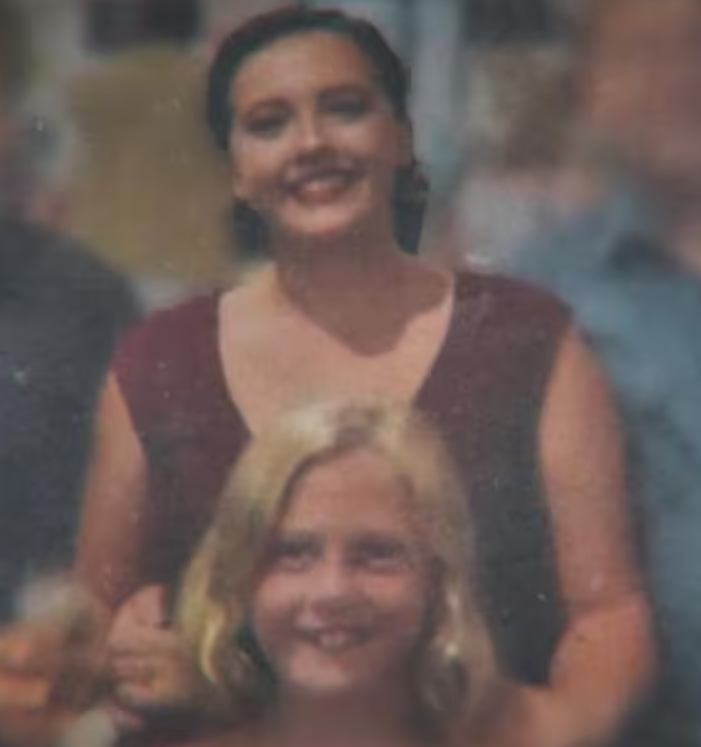The decision to allow a family photograph at the bedside of the convicted paedophile Daniel Hume has created a stir and has once again made the public call for changes in the correctional system. Survivors and their families feel abandoned by the authorities because the request was approved without being first checked.

Public outrage grows after paedophile Daniel Hume granted a bedside family photo
Was It Right To Approve The Photo?
Daniel Hume, a convicted paedophile who was serving a 30-year sentence for the abuse of 14 victims, was granted his dying wish to have a family photo placed at his hospital bedside.
The image was of his daughters at a young age, which was approved by Corrective Services NSW but not screened, reportedly before being allowed into his palliative care room at Cessnock Hospital. Hume had been transferred to the hospital for end-of-life care and was also eligible for voluntary assisted dying.
On the day of his death, he was allowed to walk around the hospital grounds unshackled. This permissiveness, together with the unvetted photo, incited public condemnation and prompted an internal inquiry.
Why Was The Daniel Hume Family Photo Controversial?
The ruling tore apart the feelings of his living girls. They said the photo was taken in the time of their mistreatment, and thus, his dying wish was really a nightmare for them.
Also Read: Santos Shares Plummet After Multi-Billion Dollar Takeover Deal Falls Through
The daughters of Daniel Hume have reacted with nothing but outraged disbelief. Neveah Jett, one of the daughters, told the press that the ruling made her inner body collapse. She wondered how people in power could come up with something so damaging to the psyche without talking to the victims first.
Their outrage is fierce because Hume’s monstrous acts killed several people, but his last whim was granted with no consideration for those he hurt.
Authority Admits “Serious Error”
Commissioner of Corrective Services Gary McMahon admitted in public that the approval of the photo was a “serious error”. He explained that the screening process was not done properly and also stated that the officers in charge might be punished.
McMahon reported that a probe into the matter has been set in motion to find out how the blunder happened and to keep it from happening again. “This should not have happened,” he said when apologising to the victims’ families. He went so far as to say that it was a direct apology.
The government of NSW is now facing a bombarding demand to not only make sure that every wrongdoing is accounted for, but also to reevaluate all the inmate welfare protocols that involve personal requests, especially for those convicted of serious sexual crimes.

Daniel Hume’s daughters express outrage, condemning the ruling as deeply distressing
How Did The Daughters React?
The reaction of the daughters of Daniel Hume has taken over public debates. Neveah Jett and her sibling said they were appalled that the decision was made without consulting them. They termed it “another form of abuse,” while adding that the picture was a token of the lengthy suffering they went through under their father’s tyranny.
Consequently, they have demanded that the government include the families of the victims in the decision-making process for end-of-life requests of notorious offenders. Victim support groups have echoed their emotional plea, contending that in such situations, the rights of victims should be prioritised over the privileges of the inmates.
The sisters are hoping that their public appearance will result in the formulation of victim-friendly policies and the prevention of such incidents in the future.
What Happens Next?
The case of Daniel Hume, the convicted pedophile, has once again sparked discussions regarding inmate treatment and victim justice. While the authorities justify the application of the principle of dignity in end-of-life care, the opponents argue that respect must not come at the cost of the emotional safety of the victims.
Legal analysts have indicated that although Hume’s rights under the correctional healthcare laws were upheld, the approval process was indeed lacking in sensitivity and supervision.
The probe is likely to result in the imposition of more stringent regulations regarding the approval of personal items and photographs for high-risk convicts in hospital or hospice care. If the suspicions are verified, then punitive actions may be taken against the officials who made the decision.
Should Families Be Consulted In Such Cases?
The case has raised a bigger ethical issue: should the families of the victims be consulted before giving the green light to the dying requests of convicts?
The advocates of the victims support the idea, saying that the psychological harm to the survivors must be taken into consideration by the system. They also argue that allowing unscreened personal items sends a message that the offender’s comfort is more important.
Among others, the controversy surrounding the family photo or the Daniel Hume might be a turning point in the way the correctional systems deal with inmate requests and victim consultation.
Also Read: Cookbook Controversy Boils Over Between RecipeTin Eats and Brooki Bakehouse
FAQs
Q1: Who was Daniel Hume?
A: He was a convicted paedophile who was serving a 30-year imprisonment sentence for sexually abusing 14 victims.
Q2: What was the dying wish of Daniel Hume?
A: His wish was to have a family photo placed by his hospital deathbed.
Q3: What was the reaction of his daughters to the photo approval?
A: They showed their disgust and anger and described the decision as “sickening” and “traumatising.”
Q4: What is the current situation?
A: Corrective Services NSW has commenced an internal investigation and may take disciplinary action.












